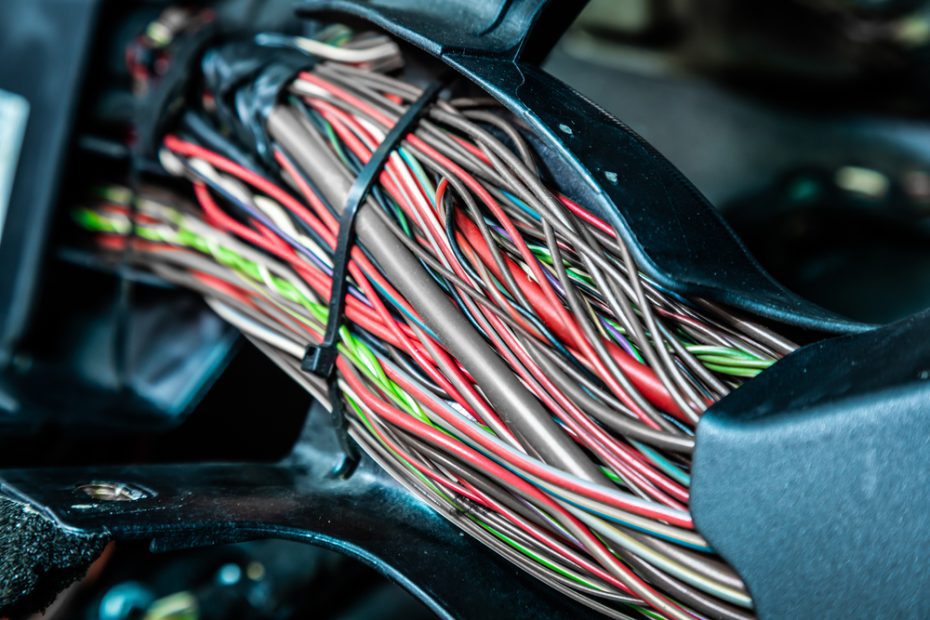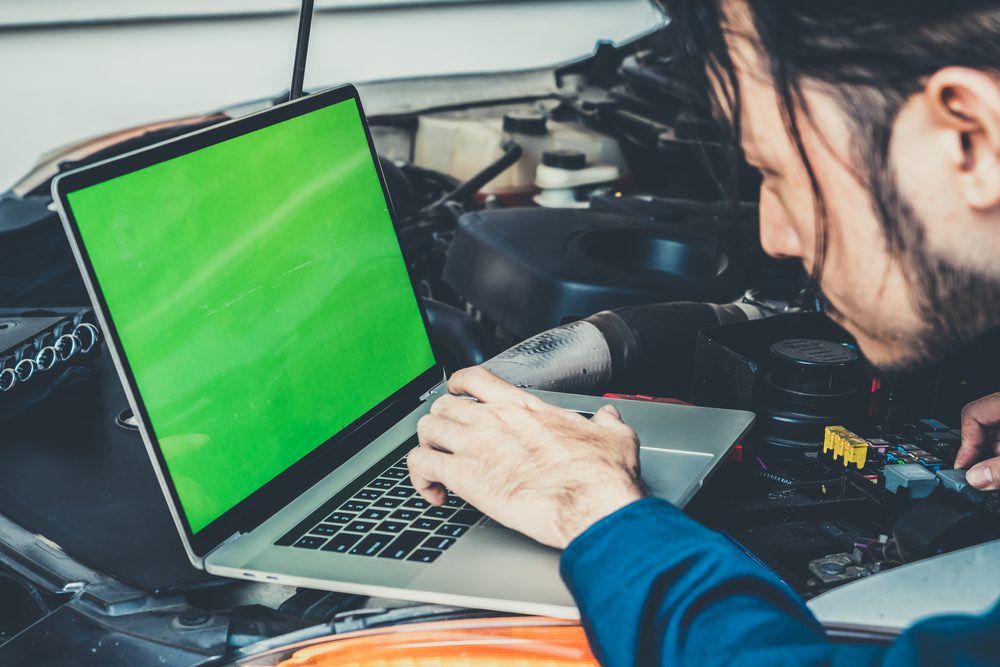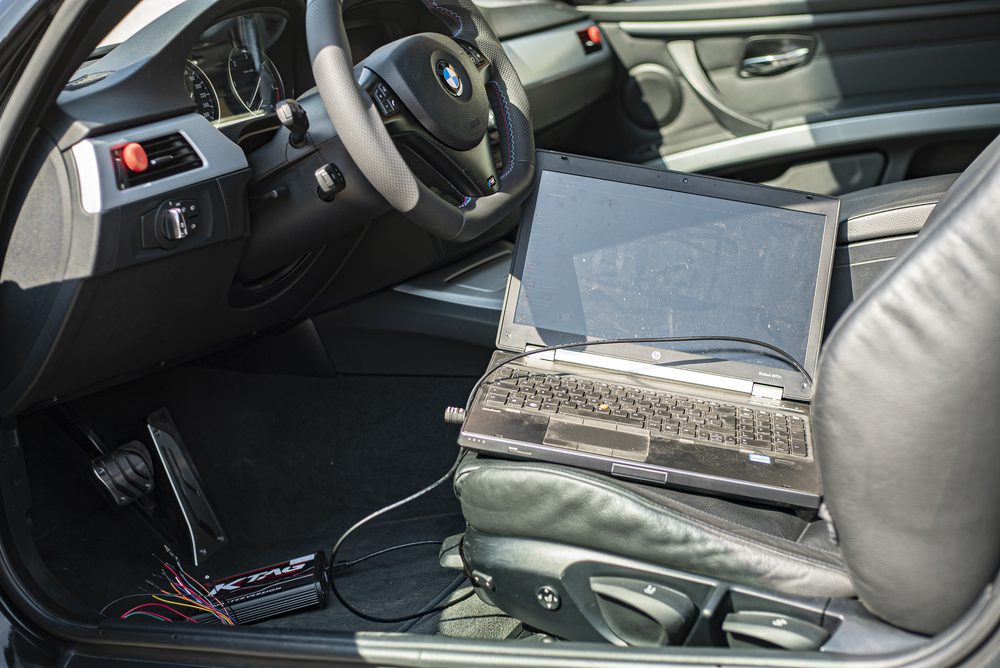What happens if an ECU overheats?
A Brief Overview
The Engine Control Unit (ECU) is a crucial component in modern vehicles, responsible for managing various aspects of engine performance. It constantly monitors and controls the engine’s systems and is essential for ensuring optimal fuel efficiency, power output, and emissions control. However, like any electronic device, the ECU is susceptible to overheating. When the ECU exceeds its operating temperature limits, it can lead to detrimental consequences, potentially affecting the vehicle’s overall performance and even causing severe damage.
The Effects of Overheating on ECU Performance
1. Reduced Engine Performance: When an ECU overheats, it may cause the engine to lose power or perform below its usual capabilities. This can manifest as sluggish acceleration, poor throttle response, or overall decreased performance. The ECU relies on accurate temperature readings to make necessary adjustments to fuel injection, ignition timing, and other engine parameters. When the ECU is overheated, it may struggle to receive accurate temperature data and make the appropriate adjustments, resulting in compromised performance.
2. Increased Emissions: An overheating ECU can also impact the vehicle’s emissions control system. The ECU plays a vital role in regulating the air-fuel mixture and monitoring the catalytic converter’s efficiency, ensuring compliance with emissions standards. However, when the ECU overheats, it may fail to accurately adjust the fuel injection timing, leading to an excessively rich or lean air-fuel mixture. This can result in increased emissions of harmful pollutants, such as nitrogen oxides (NOx) and carbon monoxide (CO).
3. Unreliable Sensor Readings: The ECU relies on various sensors throughout the engine to gather crucial data for optimal performance. These sensors include those measuring engine temperature, intake air temperature, and coolant temperature, among others. However, when the ECU overheats, it may cause these sensors to provide incorrect or erratic readings. Consequently, the ECU may make improper adjustments based on inaccurate data, leading to further issues with engine performance, fuel economy, and emissions.
Potential Risks and Damages
Overheating of the ECU can lead to more severe consequences if not addressed promptly. Some potential risks and damages include:
- ECU Failure: Prolonged exposure to high temperatures can damage the internal components of the ECU, eventually causing it to fail altogether. ECU failure typically results in the complete loss of engine control, leading to the vehicle becoming inoperable.
- Increased Repair Costs: In the event of ECU failure or damage, replacing or repairing the unit can be an expensive endeavor. Additionally, other engine components may also suffer damage due to the effects of an overheating ECU, further escalating repair costs.
- Safety Risks: If the ECU fails while the vehicle is in motion, it can pose significant safety risks. A sudden loss of engine control can lead to unexpected engine stall, loss of power steering, or compromised braking ability, potentially resulting in accidents or other hazardous situations.
Did you know? It is crucial to keep the ECU in optimal operating conditions to prevent overheating. Regular maintenance and ensuring proper airflow to the ECU can help minimize the risk of overheating and its associated consequences.
Preventing ECU Overheating
To mitigate the risk of ECU overheating, consider the following preventive measures:
- Maintaining a healthy cooling system: Ensure that the vehicle’s cooling system is in good working condition. Regularly check coolant levels, inspect for leaks, and flush the system as recommended by the manufacturer.
- Proper ECU placement: Ensure that the ECU is mounted in a location that allows for adequate ventilation and airflow. Avoid placing it near sources of excessive heat, such as the exhaust manifold.
- Clean surroundings: Keep the area around the ECU clean and free from debris. Accumulation of dirt and dust can hinder proper airflow, leading to increased temperatures.
- Regular maintenance: Follow the manufacturer’s recommended maintenance schedule for your vehicle. This includes regular inspections of the ECU and associated components.
Can you drive with a bad ECU?
An Engine Control Unit (ECU) plays a crucial role in the functioning of a vehicle’s engine. It is responsible for managing various systems, such as fuel injection, ignition timing, and emissions control. When an ECU malfunctions, it can lead to several issues that may affect the drivability of your car.
Signs of a bad ECU
Identifying a failing ECU is essential to prevent further damage and ensure the safety of your vehicle. Here are some common signs that may indicate a bad ECU:
- Engine misfires or stalling
- Poor fuel efficiency
- Difficulty starting the engine
- Unresponsive throttle
- Warning lights on the dashboard
If you encounter any of these symptoms, it is advisable to have your ECU inspected by a qualified mechanic.
Driving with a bad ECU
While it is technically possible to drive with a faulty ECU, it is not recommended. Driving with a bad ECU can potentially lead to further damage to your vehicle and compromise your safety on the road. The ECU controls critical functions of your car’s engine, and a malfunctioning unit may adversely affect performance and reliability.
Driving with a bad ECU increases the risk of engine failure and can cause potential damage to other components of the vehicle.
Recommended course of action
- Get your ECU inspected and diagnosed: If you suspect a faulty ECU, consult a professional mechanic or visit a reputable auto repair shop. They will be able to determine if the ECU needs repair or replacement.
- Follow expert advice: Based on the diagnosis, the mechanic will provide guidance on whether it is safe to drive your vehicle or if immediate repairs are necessary.
- Address the issue promptly: If the ECU requires repair or replacement, it is crucial to take action promptly to avoid any further complications and ensure your safety on the road.
Remember, driving with a bad ECU is risky and can lead to more significant problems. Prioritize addressing the issue to maintain the optimal performance of your vehicle.
How do you know if your ECU has gone?
If you suspect that your Engine Control Unit (ECU) has gone bad due to overheating, there are a few signs you can look out for. It is important to note that these symptoms may also indicate other problems with your vehicle, so proper diagnosis is crucial.
1. Check Engine Light
The first indication of a potential ECU failure is the illumination of the Check Engine Light on your dashboard. This light may stay on constantly or blink intermittently.
2. Loss of Power
A malfunctioning ECU can cause a significant loss of power in your vehicle. You may notice a decrease in acceleration or difficulty maintaining speed.
3. Poor Fuel Efficiency
If your ECU is faulty, it may affect the fuel-air mixture in your engine, resulting in poor fuel efficiency. Keep an eye on your fuel consumption and note any sudden changes.
4. Erratic Engine Behavior
Another sign of a problematic ECU is erratic engine behavior. This could include stalling, rough idling, or difficulty starting the engine.
5. Unresponsive Sensors
When the ECU fails, it may render certain sensors unresponsive. This can lead to issues with the vehicle’s anti-lock braking system (ABS), traction control, or other safety features.
“If you experience any of these symptoms, it is recommended to visit a qualified mechanic or dealership for a thorough diagnosis.”
To further determine whether your ECU has failed, specialized diagnostic equipment is required. A professional technician will be able to retrieve error codes from the ECU and perform other tests to confirm the issue.
If your ECU is indeed faulty, it will need to be repaired or replaced by a professional. Attempting to fix it yourself can lead to further damage and may void any warranty on the vehicle.
In conclusion, identifying a faulty ECU can be challenging without proper diagnostic tools. If you experience any of the mentioned symptoms, it is crucial to consult a qualified technician for accurate diagnosis and repair. Ignoring ECU issues can lead to further damage and potentially compromise the safety and performance of your vehicle.
In Conclusion
An overheating ECU can have significant implications for a vehicle’s performance, emissions, and overall reliability. It is essential to be aware of the potential consequences and take appropriate preventive measures. By ensuring proper cooling, maintaining a clean environment, and following recommended maintenance practices, you can help safeguard your vehicle’s ECU and enjoy optimal engine performance and longevity.



